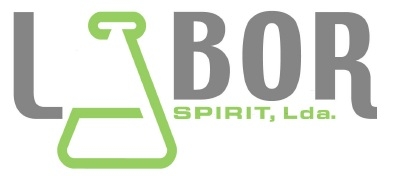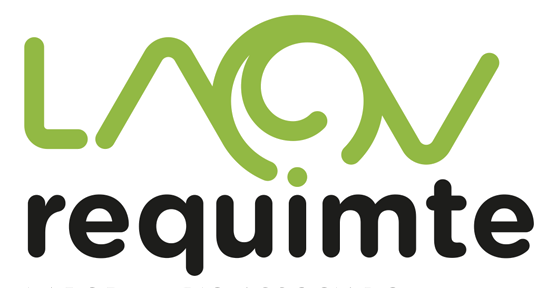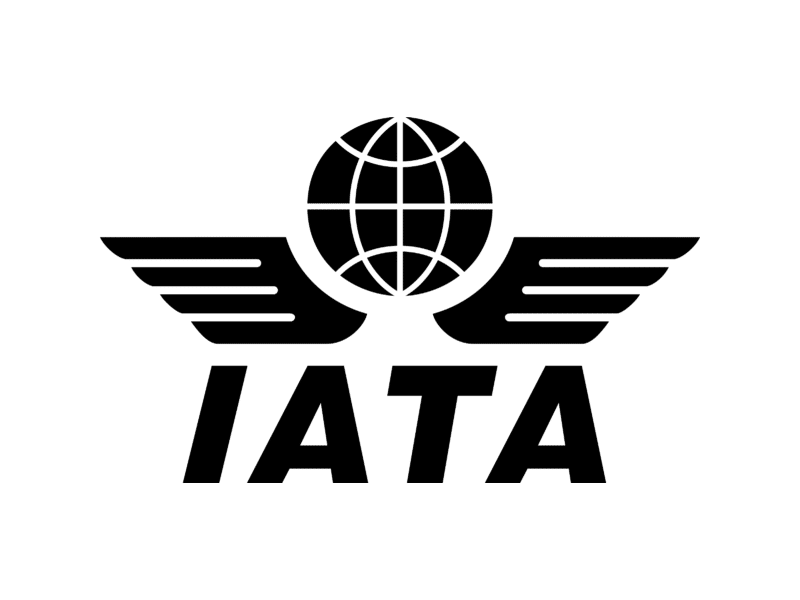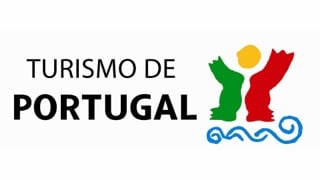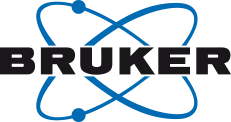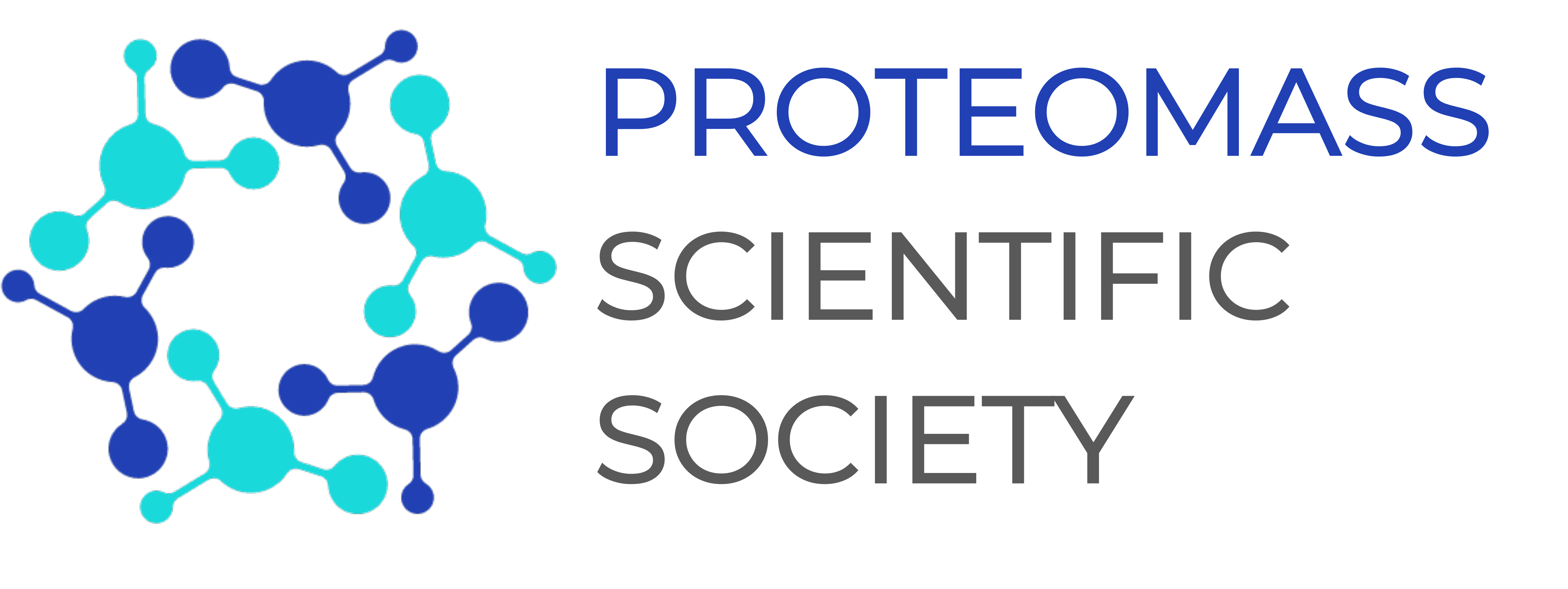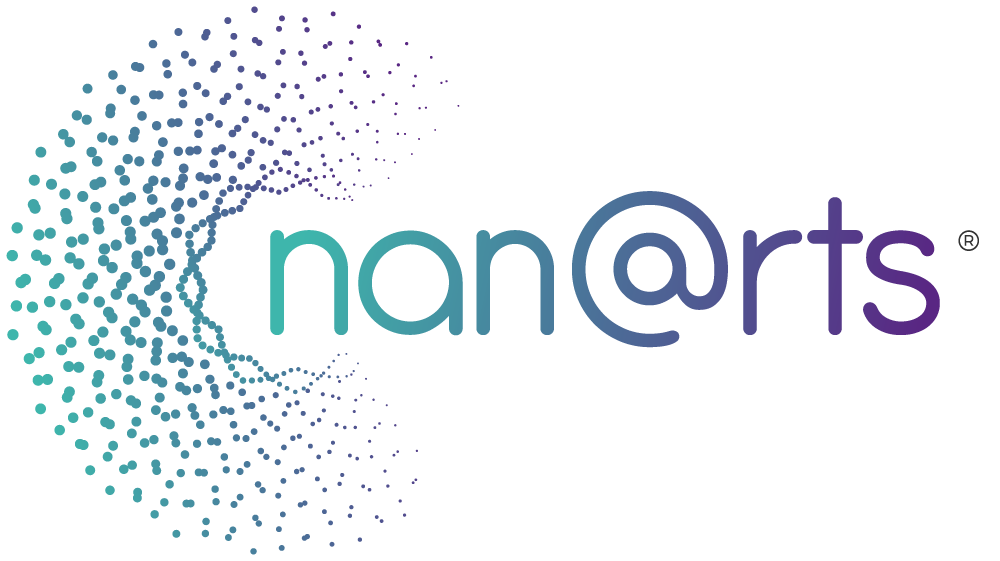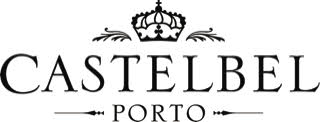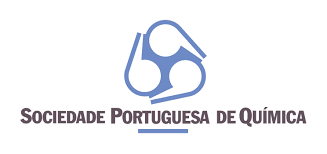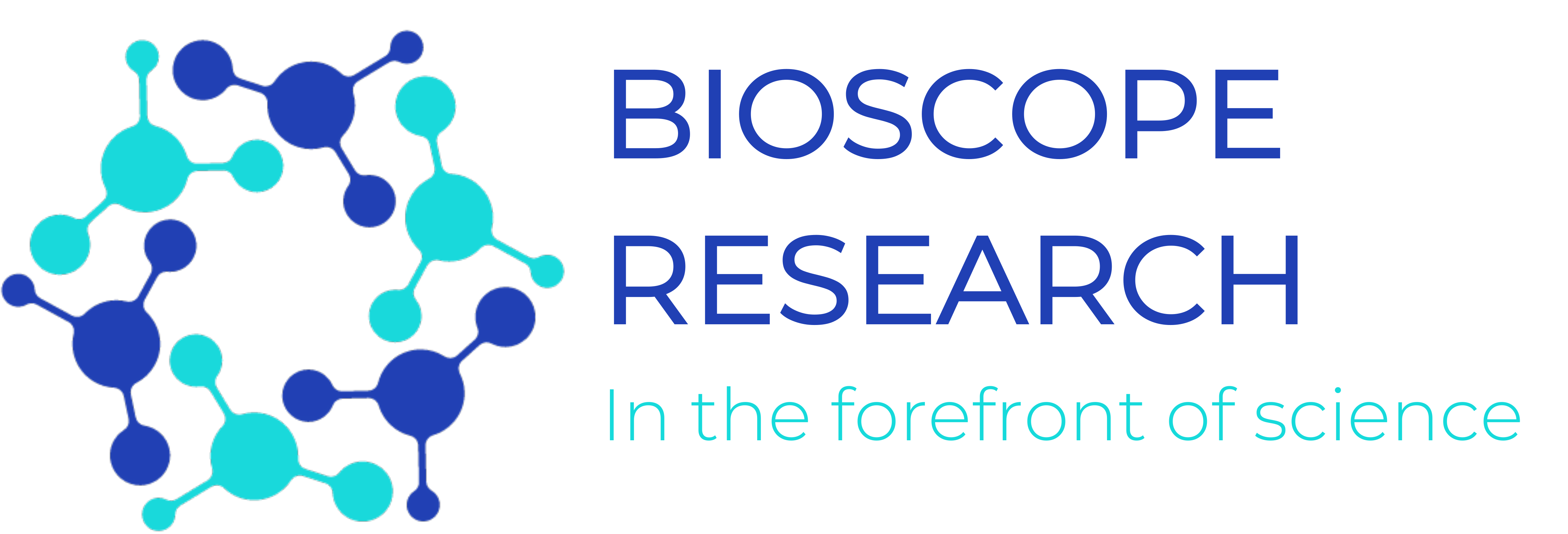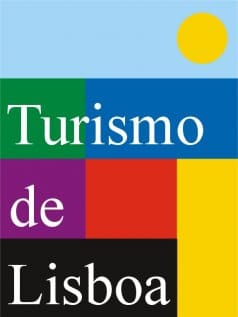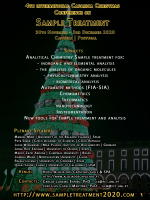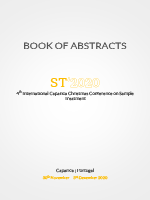Dear Colleagues and friends
Sample treatment is, without any doubt, the backbone of chemical analysis. Always underestimated, many times neglected, sample treatment needs to be recalled from the limbo in which it has been thrown during the last decades. With this aim the Caparica Christmas Conference on sample treatment has been created.
The idea is to join all of us working with sample treatment in a 4 day conference, in a nice place (Caparica) during one of the most beautiful periods of the year: December.
As for the obvious question you already have in mind, but what is sample treatment? the following answer is proposed: any tool that helps to interrogate any measurable matter. Thus, ultrasonic energy or microwave energy can be used to extract analytes from solid substances; the use of such energy can be considered sample treatment. However, to interrogate the analytes we need analytical devices, such as atomic absorption spectrometry, RMN or mass spectrometry. The correct application of such devices or the development of new ones is also sample treatment. But there is more to tell. Many times a large number of samples need to be interrogated. Data compiled after extracting analytes and after analyzing them is nothing if we do not use chemometrics to understand all the information we have retrieved. This is also sample treatment.
The organizing and scientific committee is proud to welcome you to the 4th Caparica Christmas Conference on Sample Treatment.
Yours truly
C. Lodeiro
J. L. Capelo
Conference chairs
On behalf of the organizing and scientific committee
Plenary Speakers
Manuel Miró, PhD
Department of Chemistry, University of the Balearic Islands, Palma de Mallorca (Spain)
3D printing in microscale extraction and separation science: Reality or utopia?
Petr Simek, PhD
Biology Centre, Czech Academy of Sciences (Czech Republic)
Methods for untargeted and targeted metabolomic analyses.
Jacek Wisniewski, PhD
Max-Planck-Institute of Biochemistry (Germany)
Methods for quantitative large scale proteome analyses.
Jorge Ruiz Encinar, PhD
Department of Physical and Analytical Chemistry, University of Oviedo (Spain)
New ICP-MS-based strategies for the absolute quantification of proteins and post-translational modifications.
Marco Zezzi Arruda, PhD
Universidade de Campinas (Brazil)
Sample treatment everywhere.
Jianhua Wang, PhD
Research Center for Analytical Sciences, College of Sciences, Northeastern University, Shenyang (China)
Inductively coupled plasma mass spectrometry (ICP-MS) in single cell analysis.
Rafael Lucena, PhD
Analytical Chemistry Department, University of Córdoba (Spain)
Planar sorptive phases, for microextraction and beyond.
Quan “Jason” Cheng, PhD
Department of Chemistry. University of California (USA)
3D Printing towards Plasmonic Biosensing and Lipidomic Analysis.
Tamara García-Barrera, PhD
Department of Chemistry, Faculty of Experimental Sciences, University of Huelva (Spain)
Towards the influence of metal(-loid)s and metalloproteins in the gut(enteromammary gland)-brain axis.
KPRK Talks
Lisa M. Jones, PhD
Department of Pharmaceutical Sciences, School of Pharmacy, University of Maryland, Washington DC (USA)
Structural Biology on the Proteome-Wide Scale: An In-Cell Mass Spectrometry-Based Protein Footprinting Method.
Keynote Speakers
Michael J. Schoening, PhD
Institute of Nano- and Biotechnologies, Aachen University of Applied Sciences, Jülich (Germany)
Capacitive field-effect sensors for label-free detection of DNA.
Federica Pellati, PhD
Department of Life Sciences, University of Modena and Reggio Emilia, Modena (Italy)
Sample treatment strategies for the extraction and analysis of bioactive cannabinoids from natural products
Laura Mercolini, PhD
Pharmaco-Toxicological Analysis Laboratory (PTA Lab), Department of Pharmacy and Biotechnology (FaBiT), Alma Mater Studiorum – University of Bologna (Italy)
Miniaturization in bioanalysis: new tools and challenges.
Pavel N. Nesterenko, PhD
Department of Chemistry, Lomonosov Moscow State University (Russia)
Silica sequentially coated with polyhexamethyleneguanidinium and sulphonated reagents as universal platform for selective preconcentration and determination of metals.
José Luis Gomez Ariza, PhD
University of Huelva (Spain)
Omics technologies in the study of neurodegenerative diseases and diabesity comorbidity.
Alberto Tagliaferro, PhD
Polytechnic University of Turin (Italy)
Impact of new Raman lineshape in the analysis of paints and biological samples.
Jim Thomas, PhD
Affiliation: Department of Chemistry, University of Sheffield (UK)
Title: Oligonuclear luminescent complexes as bioprobes and theranostics.
Symposium Subjects
- Analytical Chemistry
- Sample treatment for inorganic and elemental analysis
- Sample treatment for the analysis of organic molecules
- Sample treatment for physical-chemistry analysis
- Sample treatment for biomedical analysis
- Automatic methods (FIA-SIA)
- Chemometrics
- Informatics
- New tools for sample treatment and analysis
Hotel Aldeia dos Capuchos
Be aware of cold calls from Convention Hotel Services (CHS) or from someone named Adam Max! A company called CHS (Convention Hotel Services) is calling or e-mailing attendees of conferences worldwide, claiming to work for the conference organizers and asking for credit card details to finalize the booking of accommodation. If you receive such a call or e-mail, do not give away any personal information or credit card details! None of the parties involved in the organization of SAMPLE TREATMENT 2020 is working with CHS
We have received some alerts from participants this week regarding this email: Ehotel Services via DocuSign
If you receive such a call or e-mail, do not give away any personal information or credit card details! This problem affects many conferences, not only the PROTEOMASS BIOSCOPE conferences.
We look forward to seeing you soon.
With kindest regards
The PROTEOMASS BIOSCOPE Team

